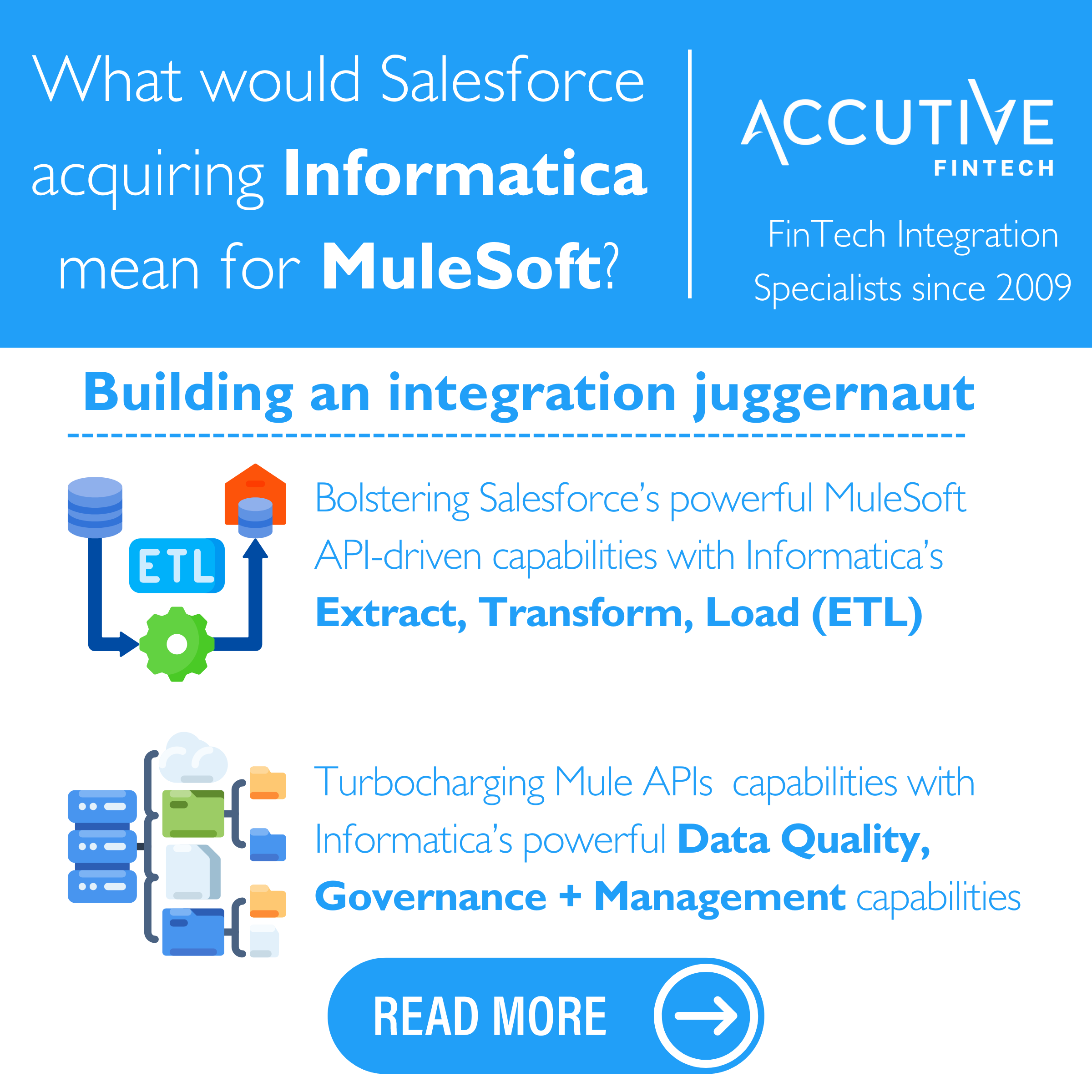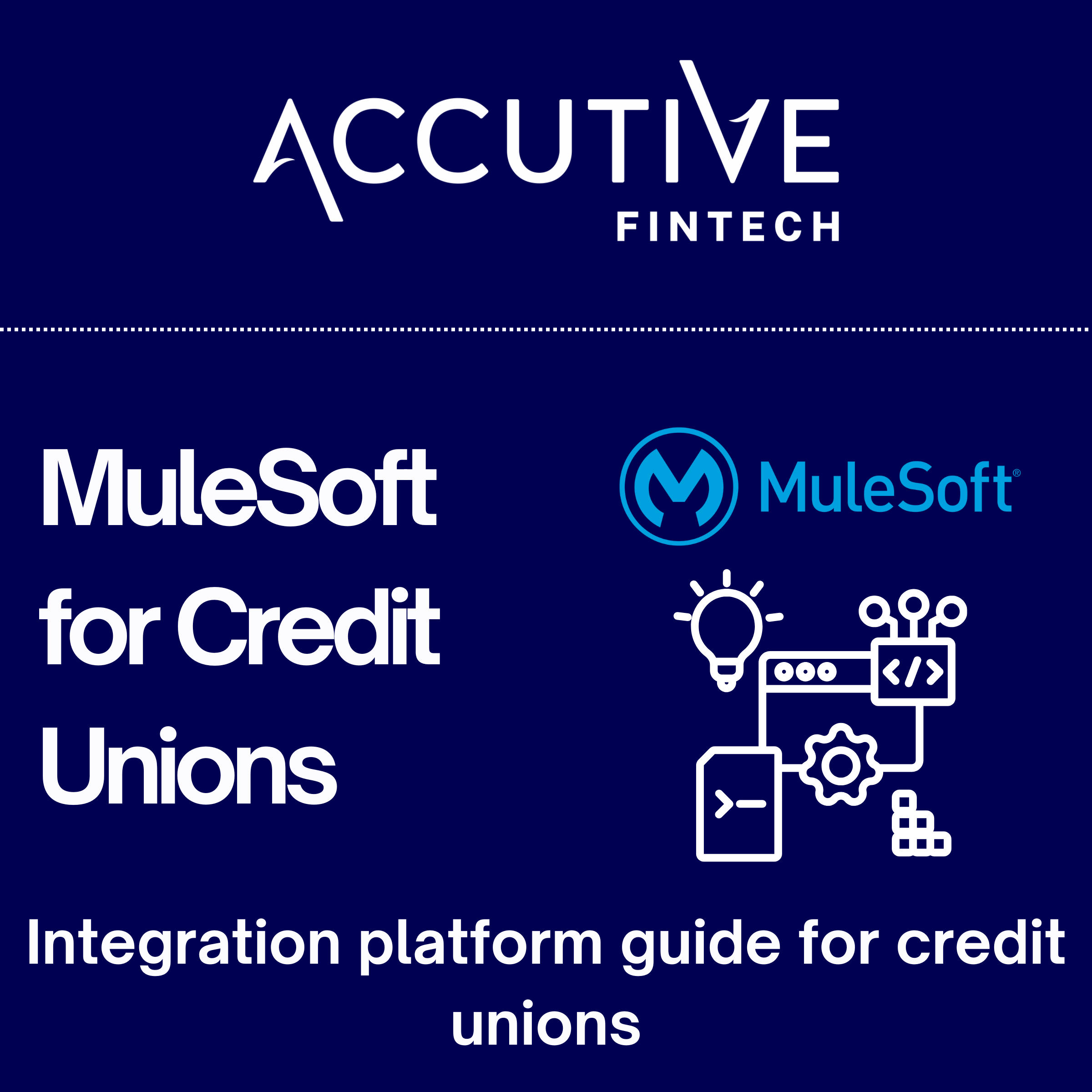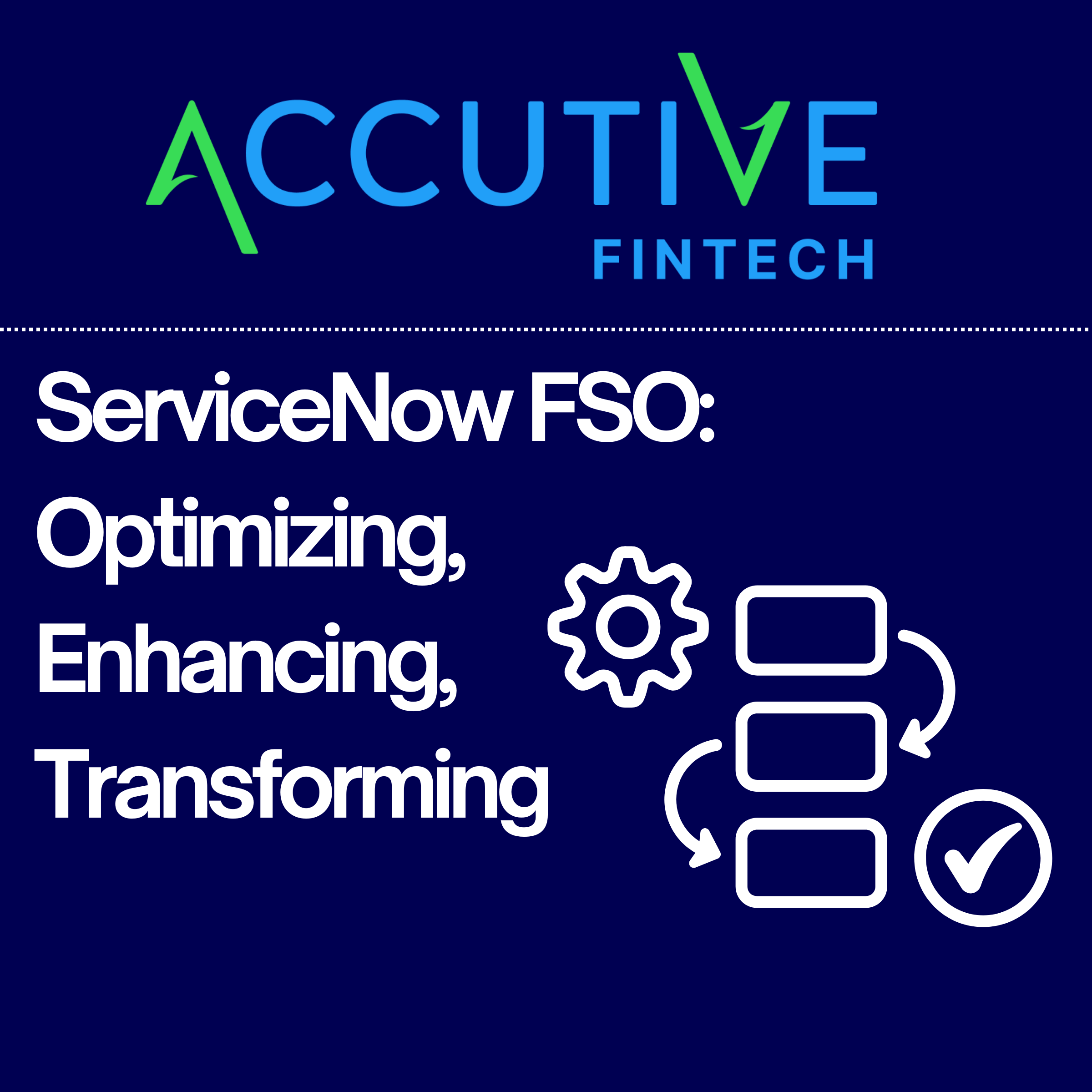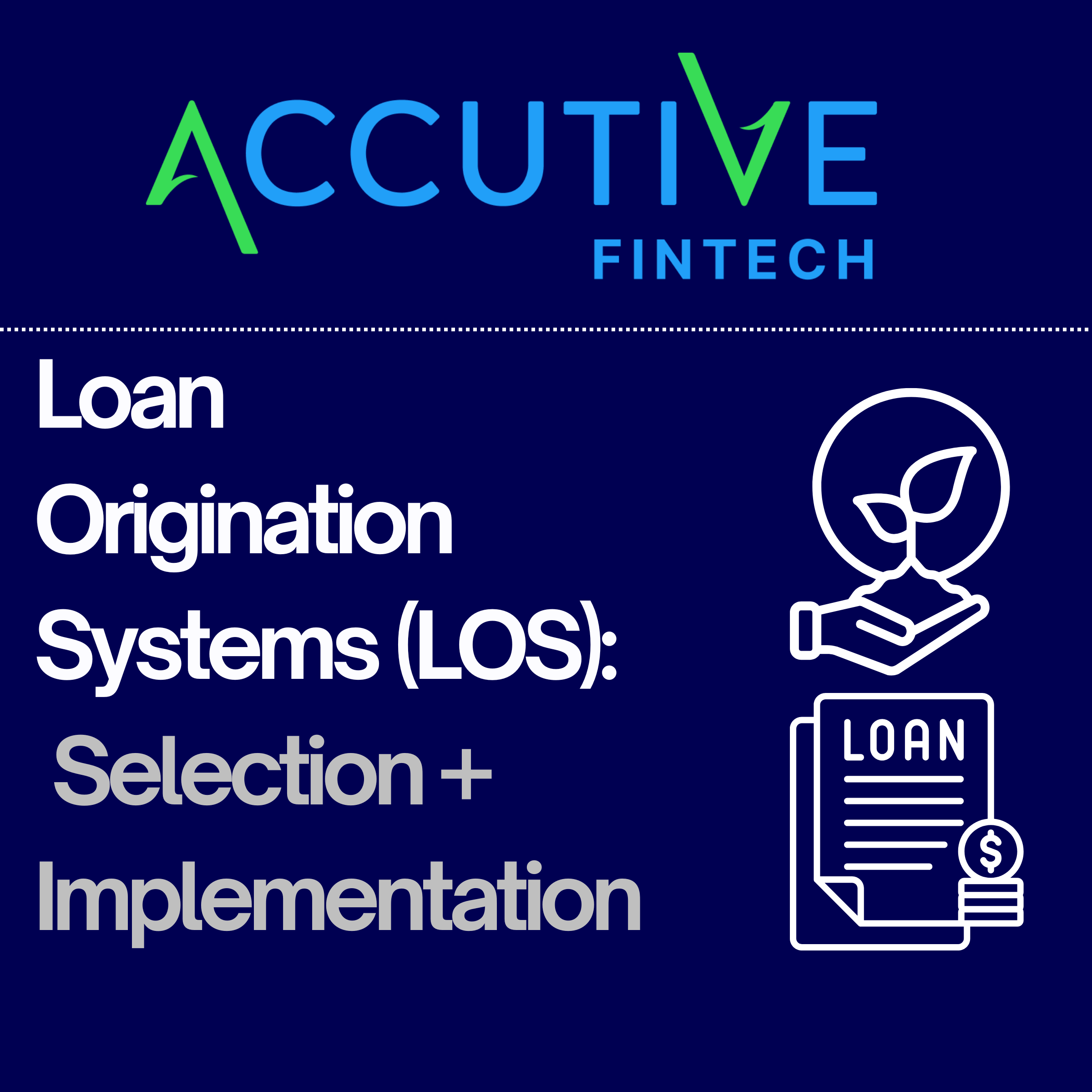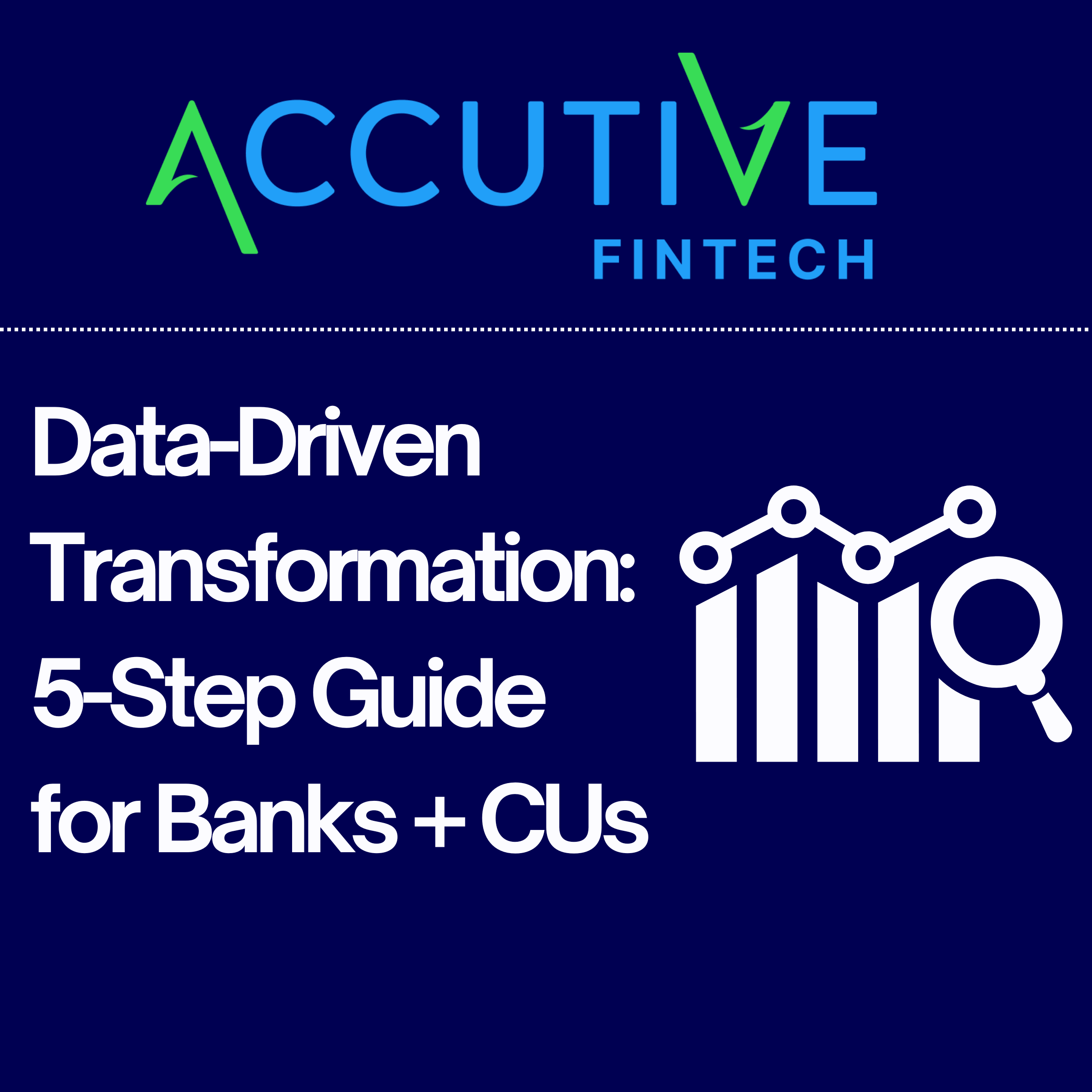4/23/24 Update: Salesforce has reportedly pulled out of the Informatica acquisition talks due to Informatica’s lack of interest in a sale at this time. Despite this, Salesforce’s intent to acquire Informatica may reveal important points about their future integration and data management strategy.
According to the Wall Street Journal and Reuters, Salesforce was reportedly in talks to acquire Informatica at a cost of around $11 Billion, and the implications for the future of the Salesforce ecosystem could be substantial.
What is Informatica, and what do they do?
Informatica is a leading provider of enterprise cloud data management solutions. Their core areas of expertise include:
- Data Integration: Informatica’s powerful tools simplify the process of connecting and integrating data across diverse systems, including cloud applications, on-premises databases, and various file formats. They support both batch and real-time integration scenarios.
- Informatica Cloud Data Integration (ICDI) functions as an iPaaS (Integration Platform as a Service), offering cloud-based tools, pre-built connectors, and a focus on accessibility. However, it distinguishes itself from traditional iPaaS solutions with several key points:
- ETL Expertise: Informatica’s historical strength lies in robust ETL (Extract, Transform, Load) processes. This makes it ideal for large-scale data movement, complex transformations, and data preparation for analytics or data warehousing.
- API-Driven Integration: Informatica recognizes the importance of APIs and provides support for building, managing, and using them within integration workflows. This enables modern application integration patterns and supports real-time data exchange.
- Hybrid Integration Approach: Informatica offers a blend of ETL and API-driven integration capabilities, allowing organizations to choose the most suitable approach based on their specific use cases.
- Informatica Cloud Data Integration (ICDI) functions as an iPaaS (Integration Platform as a Service), offering cloud-based tools, pre-built connectors, and a focus on accessibility. However, it distinguishes itself from traditional iPaaS solutions with several key points:
- Data Quality: Informatica provides a robust suite of tools for ensuring data accuracy, consistency, and completeness. These tools include profiling, cleansing, de-duplication, and standardization capabilities, essential for reliable analytics and informed decision-making.
- Master Data Management (MDM): Informatica’s MDM solutions help organizations establish and maintain a centralized, trusted view of critical business data, such as customer, product, or asset information. This mitigates data silos and ensures consistency across systems.
- Data Governance & Cataloging: Informatica enables effective data governance through tools that define ownership, access controls, and policies. This ensures responsible data use and compliance with industry regulations. A data catalog provides easy discovery and understanding of data assets across the enterprise.
- Cloud and Hybrid Focus: Informatica offers cloud-native solutions for scalability and flexibility. They also provide strong support for hybrid environments, enabling seamless integration between on-premises systems and cloud-based applications.
MuleSoft vs Informatica: Competing, but different approaches to Integration Platform as a Service (iPaaS)
While both Informatica and MuleSoft address enterprise integration needs, they differ significantly in their architectural paradigms and deployment specializations:
MuleSoft vs Informatica: Architectural Approach
- MuleSoft: Emphasizes API-led connectivity, fostering a decentralized integration landscape composed of reusable APIs. This aligns with microservices architectures and promotes agility in application development.
- Informatica: Prioritizes centralized data integration and ETL processes, often employed for data warehousing, reporting, and large-scale analytics. This approach can involve complex transformations and data mapping.
MuleSoft vs Informatica: Tools + Users
- MuleSoft: Features Anypoint Studio as its development environment, utilizing visual tools and the DataWeave language for transformation. While its primary focus is on developers, tools like Flow Designer are increasing accessibility for less technical users.
- Informatica: Often utilizes the Informatica Intelligent Cloud Services (IICS) platform, providing a range of tools for ETL design, data quality management, and master data management. While traditionally focused on data engineers and integration specialists, Informatica’s cloud offerings are making their platform more approachable for developers.
MuleSoft vs Informatica: Deployment Models
- MuleSoft: Designed with a cloud-first mentality, MuleSoft’s Anypoint Platform supports hybrid and multi-cloud deployments. Its lightweight runtime enables flexible deployment in containers, on-premises, or cloud environments.
- Informatica: Informatica provides cloud-native solutions alongside support for hybrid scenarios. While embracing the cloud, Informatica maintains capabilities for connecting to legacy and on-premises systems, often found in established enterprises.
Salesforce Acquiring Informatica: Possible Implications for the future of MuleSoft
A Salesforce-Informatica deal would likely lead to a considerable convergence of data integration functions within the Salesforce ecosystem, along with a significant bolstering of Salesforce’s data management capabilities. A hypothetical Informatica acquisition may lead to the following impacts on the MuleSoft platform:
- Hybrid Integration Specialization: MuleSoft could become the go-to solution for API-led connectivity, real-time integrations, and microservices-oriented architectures. Whereas, Informatica could focus on complex ETL scenarios, data warehousing, and heavy-duty data transformation. This would give Salesforce more complete data integration capabilities within its ecosystem.
- Complementary Rather Than Competitive: Salesforce would likely emphasize the complementary nature of the platforms, where MuleSoft handles application-level integrations, and Informatica powers large-scale data movement and data preparation tasks.
- Native Feature Development: Over time, we could see core Informatica capabilities, like data quality and ETL tooling, being rebuilt as native Salesforce services. This streamlines development and offers tighter integration with Salesforce’s data models. Salesforce may mirror the approach that it took with MuleSoft Composer, where it integrates a low/no-code version of the Informatica platform into Salesforce for non-technical users.
- Customer 360 Augmentation: Informatica’s MDM (Master Data Management) expertise could strengthen Salesforce’s Customer 360 platforms, such as Salesforce Financial Services Cloud, further enhancing its robust and holistic view of customer data.
MuleSoft + Informatica: Empowering Salesforce to build the ultimate Integration Platform?
The combination of MuleSoft and Informatica, under the Salesforce umbrella, has the potential to create the ultimate integration juggernaut. Here’s why this could be a game-changer:
- Best of Both Worlds: MuleSoft’s API-led connectivity and agility, alongside Informatica’s robust data management and ETL capabilities, offer a comprehensive toolkit for practically any enterprise integration scenario.
- Data-Driven API Strategy: The ability to seamlessly leverage Informatica’s data management and preparation capabilities would fuel the creation of richer, more meaningful, and reliable APIs powered by MuleSoft.
- Enterprise-Grade Scalability: Both MuleSoft and Informatica are known for handling large-scale workloads. Their combined power could lead to an integration platform of unparalleled scale within the Salesforce ecosystem.
- Building on Informatica’s Financial Services Expertise: Informatica has an extensive history of serving clients within the financial services industry. Informatica’s solutions address critical challenges faced by banks, credit unions, and insurance companies, such as ensuring data accuracy for regulatory compliance, unlocking data from legacy systems, and building a comprehensive single view of the customer. Informatica’s expertise in data quality, master data management, and robust ETL processes have made them a trust partner of financial institutions.
- Centralized Governance: Salesforce could leverage Informatica’s data governance tools to establish robust governance and compliance practices across the entire integration landscape, ensuring data integrity and mitigating risk.
Determining the future of your iPaaS
A robust integration platform is critical to remaining competitive in today’s digital banking landscape. Both MuleSoft and Informatica are formidable iPaaS options that are recognized as leaders in the Gartner Magic Quadrant. Despite being competitors, MuleSoft and Informatica bring different strengths to the table, and their complementary nature may be why Salesforce is considering an Informatica acquisition. Acquiring Informatica would enable Salesforce to build on MuleSoft’s API-driven integration prowess by adding formidable ETL capabilities that directly compete with Boomi, as well as a range of data management functionalities.
